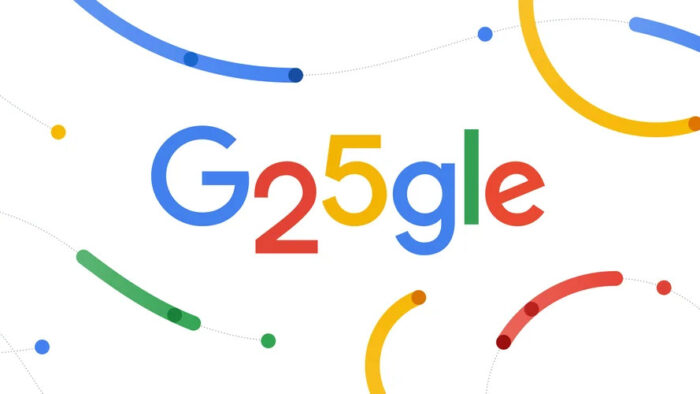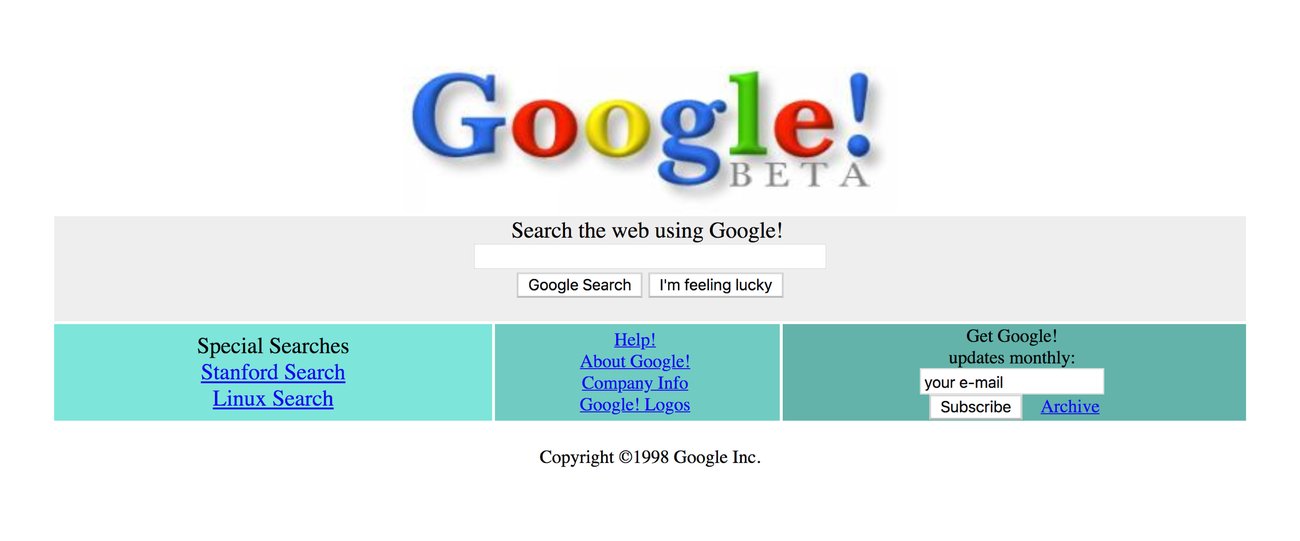Sundar Pichai ซีอีโอของ Google และ Alphabet เขียนโพสต์เนื่องในโอกาสครบรอบ 25 ปี Google เมื่อเดือนที่แล้ว ตัวเนื้อหาอาจไม่ได้มีอะไรใหม่ แต่วิธีการเล่าเรื่องของ Sundar น่าสนใจมาก
Sundar เปิดโพสต์ด้วยการเล่าถึงชีวิตของเขาในอดีต ตอนที่เขาจากบ้านเกิดอินเดีย มาเรียนต่อในสหรัฐ ตอนนั้นเพิ่งเริ่มมีอีเมล และเขาลองเขียนอีเมลไปหาพ่อที่อินเดียเป็นครั้งแรก
Years ago, when I was studying in the U.S., my dad — who was back in India — got his first email address. I was really excited to have a faster (and cheaper) way to communicate with him, so I sent a message.
And then I waited…and waited. It was two full days before I got this reply:
“Dear Mr. Pichai, email received. All is well.”
Perplexed by the delay and the formality, I called him up to see what happened. He told me that someone at his work had to bring up the email on their office computer, print it out, and then deliver it to him. My dad dictated a response, which the guy wrote down and eventually typed up to send back to me.
เมื่อย้อนกลับไป มันอาจเป็นเรื่องน่ารักๆ เปิ่นๆ ที่พ่อของเขาต้องให้เพื่อนร่วมงานพิมพ์เนื้อหาอีเมลลงกระดาษ เอาไปให้อ่าน แล้วเขียนคำตอบกลับมาพิมพ์ส่งคืนให้ Sundar อีกรอบ
แต่ Sundar บอกว่าลูกชายวัยรุ่นของเขาเห็นอะไรน่าสนใจ ถ่ายภาพแล้วส่งให้เพื่อนทันที ทุกอย่างเสร็จสิ้นเร็วกว่าที่ตัวของ Sundar เองควักมือถือออกมาจากกระเป๋าด้วยซ้ำ
เทคโนโลยีที่เคยเป็นแค่จินตนาการในนิยายวิทยาศาสตร์ เช่น รับโทรศัพท์จากมือถือ หรือ สั่งให้รถยนต์เล่นเพลงที่เราต้องการ มันกลายเป็นเรื่องปกติของคนยุคปัจจุบันไปแล้ว เทคโนโลยีเปลี่ยนชีวิตของผู้คนอย่างมหาศาลในเวลาไม่กี่ชั่วคน
How I communicated with my dad all those years ago compared with how my son communicates today shows just how much change can happen across generations.
จากนั้น Sundar เล่าถึงการก่อตั้ง Google เมื่อ 25 ปีก่อน (ปี 1998) เริ่มจาก Google Search ที่เปลี่ยนชีวิตของผู้คนจำนวนมาก ซึ่งรวมถึงตัวเขาด้วย ที่พยายามถามกูเกิลด้วยคำถามต่างๆ จนกระทั่งในปี 2003 คำถามคือ “How to ace a Google interview?”
Sundar เข้ามาทำงานกับ Google ในตอนนั้น และไต่ขึ้นมาจนถึงตำแหน่งสูงสุดในเก้าอี้ CEO (ทำงานมาราว 20 ปีพอดี)
ในช่วง 25 ปีที่ผ่านมา Google ขยายตัวจาก Search มาเป็นผลิตภัณฑ์อื่นๆ อีกมาก บริษัทมีผลิตภัณฑ์ 15 ตัวที่มีผู้ใช้เกิน 500 ล้านคน และมี 6 ตัวที่มีผู้ใช้เกิน 2 พันล้านคน เป็นสเกลที่ใหญ่อย่างไม่น่าเชื่อ
Sundar บอกว่าเบื้องหลังความยิ่งใหญ่ของกูเกิลคือการกล้าตั้งคำถามใหญ่ๆ กับตัวเองเสมอ
- Gmail – Could we offer 1 GB of storage to every person?
- Chrome – Could we build a browser that made the web better, with simplicity, speed, and security at its core?
- YouTube – What if we gave everyone a way to share what they know with the world?
- Google Maps – What if Google Maps enabled people to see every street in the world in detail?
- Google Translate – What if we built a translation tool that allowed people to access information, and communicate in multiple languages?
- Google Photos – What if you could search and find all your old photos by simply describing what you wanted to see?
เขายอมรับว่าไม่ใช่ทุกครั้งที่บริษัทประสบความสำเร็จเสมอไป โดยถามว่าพวกเรายังจำ Google Wave ได้ไหม?
ส่วนคำถามใหญ่อันถัดไปย่อมหนีไม่พ้นเรื่อง AI ซึ่ง Sundar บอกว่าแม้จริงๆ แล้ว Google เป็นผู้นำในเรื่องนี้มาตั้งแต่แรกๆ ทำมาสารพัดอย่างทั้ง deep neural network, TPU, Transformer, AlphaGo, LLM
เมื่อเขาได้เป็นซีอีโอในปี 2025 เขาจึงตั้งใจว่าจะต้องปรับ Google ให้เป็น an AI-first company เพราะมองว่า AI จะส่งผลสะเทือนครั้งใหญ่ยิ่งกว่าตอนเปลี่ยนจาก desktop มาเป็น mobile และมันอาจใหญ่กว่าอินเทอร์เน็ตด้วยซ้ำไป
ดังนั้นคำถามใหญ่ๆ ในยุคหน้าจึงจะกลายเป็นคำถามเหล่านี้แทน
- How could every student have access to a personal tutor, in any language, and on any topic?
- How could we enable entrepreneurs to develop new forms of clean energy?
- What tools could we invent to help people design and create new products and grow new businesses?
- How can fields like transportation, or agriculture, be reimagined?
- How could we help communities predict and prepare for natural disasters?
แล้วมาดูกันว่าอีก 25 ปีข้างหน้า Google จะประสบความสำเร็จแบบเดียวกับ 25 ปีแรกไหม

